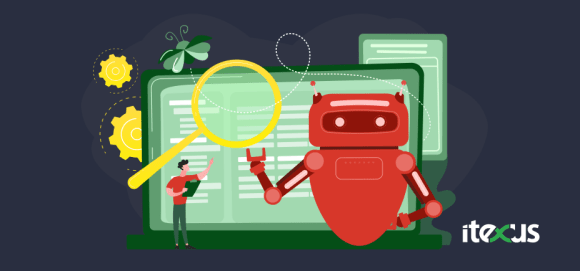Imagine a financial world where your bank or app knows your spending habits, anticipates your needs, and even makes tailored suggestions to help you save or invest. With the rise of artificial intelligence (AI), that vision is becoming a reality. AI is reshaping how we manage our finances by providing deeply personalized services that adapt to our unique behaviors. This isn’t just the future; it’s happening now, revolutionizing the way we think about money management.

The Shift to Personalized Finance
Traditional financial services have long relied on general categories, such as income levels or age groups, to offer advice. But these models often miss the nuances of individual needs. AI changes this by leveraging large amounts of data to create highly specific, personalized financial solutions.
Table 1: Differences Between Traditional and AI-Driven Financial Services
| Aspect | Traditional Services | AI-Driven Services |
|---|---|---|
| Advisory Model | One-size-fits-all recommendations | Tailored, real-time advice based on behavior |
| Data Use | Limited to basic financial information | Analyzes spending patterns, habits, and goals |
| Response Time | Slow, manual adjustments | Instant adjustments in real-time |
| Cost | Higher costs due to human intervention | Lower costs with automation |
Key Areas Where AI Personalizes Financial Services
AI is making waves in several key areas of finance, delivering tailored solutions that adapt in real-time:
- Smart Budgeting Tools
AI-powered apps like YNAB use your spending patterns to create personalized budgets. Rather than manually setting limits, these tools monitor your expenses and offer suggestions to adjust your spending, helping you stay on track without constant oversight. - Personalized Investment Portfolios
Platforms like Betterment and Wealthfront utilize robo-advisors to create and adjust investment portfolios based on your goals and risk tolerance. These systems adapt to market changes, ensuring your investments remain optimized for growth without requiring manual interventions. - Automated Savings Strategies
Tools like Digit analyze your cash flow and automatically move small, affordable amounts of money into savings. Over time, this builds a substantial reserve without you needing to think about it. AI calculates when it’s safe to set aside money without impacting your daily expenses.
Table 2: Key AI-Powered Financial Services and Their Benefits
| Service | Key Benefit | Example Tools |
|---|---|---|
| Budgeting | Personalized budgeting based on real-time spending data | YNAB, Cleo |
| Investment Portfolios | Automatic adjustments for optimized returns | Betterment, Wealthfront |
| Savings Automation | Micro-savings without affecting cash flow | Digit, Qapital |
| Credit Scoring | Expanded access using alternative data for assessment | Zest AI, Upstart |
Why Data Is the Game-Changer
The power behind AI-driven financial services lies in data—every transaction, every savings goal, and even your social media activity can be analyzed to create a comprehensive picture of your financial life. AI analyzes this data in real-time, offering predictive insights and automated actions that would be impossible for humans to replicate.
For instance, AI can alert you when you’re likely to overspend on non-essential items, suggesting ways to curb impulse purchases. It can also predict upcoming expenses based on past behaviors, helping you better prepare for future financial commitments.
AI and Predictive Financial Planning
One of AI’s most impressive abilities is its predictive capabilities. By analyzing patterns in your financial history, AI tools can forecast future financial trends and help you plan for big life events, such as purchasing a home or retirement.
Imagine an AI tool alerting you to an upcoming period of higher-than-usual spending based on your past financial behaviors around the holidays. These kinds of predictive insights are invaluable for long-term financial planning, giving you time to adjust your budget or savings strategy.
Benefits of AI-Driven Financial Services
AI-driven financial services offer numerous benefits, including:
- Convenience: Automation handles much of the work for you, so you can focus on living your life.
- Personalization: Every recommendation is tailored to your specific needs and goals.
- Real-time Insights: AI reacts instantly to changes in your financial situation, ensuring you’re always making informed decisions.
- Cost Efficiency: With AI, services like financial planning and investing are accessible at a fraction of the cost of traditional advisors.
The Challenges: Privacy and Trust
While AI offers many advantages, it also raises concerns, particularly around data privacy. As financial services collect vast amounts of personal data, protecting that data becomes more critical than ever. It’s essential for fintech companies to ensure robust security measures and transparent data usage policies to maintain consumer trust.
Conclusion
AI-driven personalized financial services are transforming the financial industry, providing consumers with smarter, more intuitive tools for managing money. Whether it’s helping you save, invest, or spend wisely, AI enables a level of personalization that traditional financial services could never match. As AI continues to evolve, its role in the financial sector will only become more significant, offering consumers unprecedented control over their financial future.
By embracing AI technology, both consumers and financial institutions are stepping into a new era where managing money is more accessible, efficient, and personalized than ever before.